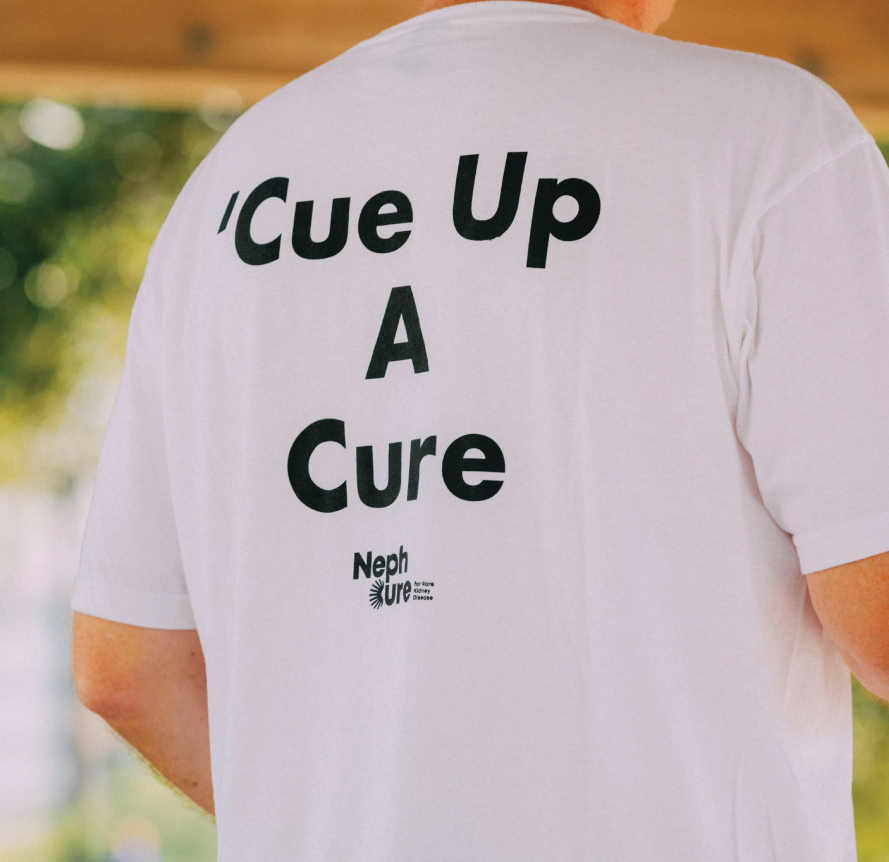Rare Kidney Disease
About RKD
Breaking down RARE KIDNEY DISEASE
Rare, protein-spilling kidney diseases (RKD) are much less common than chronic kidney disease (CKD) and typically result from damage to the kidney’s filtering units, causing protein and blood to leak into the urine. They are among the most aggressive forms of kidney disease.
While CKD progresses slowly over time, RKD can be more aggressive, leading to faster kidney damage and requiring specialized treatment. They often go undiagnosed or misdiagnosed for long periods, delaying treatment. RKD may lead to kidney failure at higher and faster rates than CKD, and most forms have few or no FDA-approved treatments.
Rare kidney disease can turn life upside down for children, adults, and families. Answers are often hard to find, treatments are limited, and the journey can feel isolating. But there is hope. Together, we can fund research, connect patients to support, and build a community that understands.

Life-altering diseases and our mission to find their cure.
Rare Kidney Disease = Aggressive, protein-spilling conditions that can lead to kidney failure.
What are some symptoms of RKD?
Symptoms can vary from person to person. Known symptoms include:
- High levels of protein in the urine (proteinuria, also known as “spilling” or “leaking” protein), which can make urine look foamy
- Low blood protein levels due to protein spilling into the urine
- Swelling (edema), most noticeable around the eyes, feet, and hands
- Weight gain from excess water
- Sometimes high blood pressure (hypertension)
- Sometimes high cholesterol levels
HOW IS RKD TREATED?
Unlike common kidney disease, patients with rare forms often have few or no approved treatment options, making access to new therapies critical.
Within the past four years, a total of five FDA-approved treatments have been secured for rare kidney disease, with more anticipated soon:
EMPAVELI (pegcetacoplan) – Approved for C3G and Primary IC-MPGN
FABHALTA (iptacopan) – Approved for C3G and IgAN
FILSPARI (sparsentan) – Approved for IgAN
TARPEYO (budesonide) – Approved for IgAN
VANRAFIA (atrasentan) – Approved for IgAN

RKD Facts
- Collectively, there are more than 150 types of rare kidney diseases
- Rare kidney diseases are the most aggressive forms of kidney disease
- May lead to kidney failure at higher and faster rates than CKD
- These diseases are often misdiagnosed or undiagnosed, delaying treatment
- Historically, they have few or no FDA-approved treatments
- RKD affects hundreds of thousands of Americans, though they are individually rare
- The high cost of dialysis exceeds $50 billion per year for the U.S. healthcare system — preventing kidney failure saves lives and reduces costs